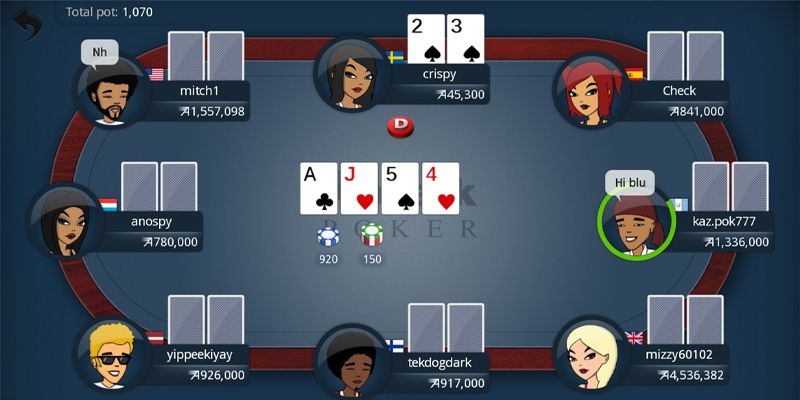Poker is one of the most popular and attractive card games in casinos around the world, attracting many members at 80JILI. To participate in the poker table and feel confident in each game, understanding poker terms is indispensable. So, let’s learn poker terms from basic to advanced through the article below.
Some terms poker
The dealer is not only the head of the table but also the person with final responsibility in each previous betting round. In casinos, there is usually a professional dealer serving each playing hall. However, at tables for amateurs, the dealer’s role is divided into turns. This means that the dealer will be the last to act in previous betting rounds, possibly the last and most important decision before starting each hand.

Besides understanding the dealer, mastering basic and advanced poker terms is also an important factor for success in this game.
- Small blind (SB): The first player to the left of the dealer is responsible for making a mandatory bet before each hand. This bet is usually 1/2 the amount of the big blind or can be the full amount if the SB has fewer chips than the remaining chips on the table.
- Big blind (BB): The next player to the dealer’s left and the first bet in each new hand. BB’s bet amount is always double SB’s bet amount.
- Early position: a sitting position in a betting round, requiring the player to act first compared to others on the poker table. Usually the third position is from the dealer’s left.
- The dealer button marks the dealer’s position for the next game. Usually a small round piece of plastic with a “D” symbol on the side. This position will be moved clockwise after each hand, and the player with this symbol in front of him will be the dealer for the next hand.
Poker terminology about positions at the poker table
A poker term that refers to a player’s actions during a hand
Poker terminology not only helps you better understand the process and rules of the game but also helps you grasp the strategies and situations in each game. In particular, player action terms help you better understand how players interact with each other, from betting and calling to bluffing and all-in.
Terminology for poker players
In the game of poker, each player has his own style, expressed through the way players bet, decide and handle situations in the game. Here are some common types of poker players you need to know.
- Aggressive: These are aggressive players, always wanting to control the situation and create pressure on their opponents. Players often increase their bets, especially when you believe your opponent has strong cards.
- Tight: This style of play is described for tight and cautious players. Players only participate in the game when they have strong cards like 88+, AK, AQ, and KQ and often have a high chance of winning in such situations.
- Loose: In contrast to tight, loose players often participate in more hands and have a wider range of poker cards played. This type can be divided into two groups: lossless passive and lossless aggressive
- Passive: These players are often in a tied position and have high calling and checking rates, while betting and raising rates are low. If you like to play safe, avoid risky situations and usually only increase your bet when you have strong cards.
Poker action terminology
In poker, understanding and applying the correct actions is key to creating an effective playing strategy and winning. Below are some basic and advanced actions that players often use.

- Fold: This is missing cards and withdrawing from the game, especially when you feel your cards are not strong enough to continue following your opponent’s bet. When the opposing bets fold, you will lose the bet amount you previously placed.
- Check: This action is performed when no one has previously placed a bet. It allows you to test the situation without having to bet more money when playing poker.
- Bet: When no one has previously placed a bet, you can decide to set a bet level. There are many popular bet levels, such as small bet, larger bet, 3bet, and 4 bet.
- Call: When a previous player has placed a bet, you can bet that amount to continue participating in the game.
- Check raise: This is a unique strategy where the poker player initially checks, then increases the bet when someone else has bet.
Conclude
This article has given you an overview of important terms and actions in poker, helping players feel more confident when joining the table at 80JILI. Remember, success in poker depends not only on luck but also on preparation, opportunity, and the ability to read the situation. I wish you luck and big wins at the casinos!
